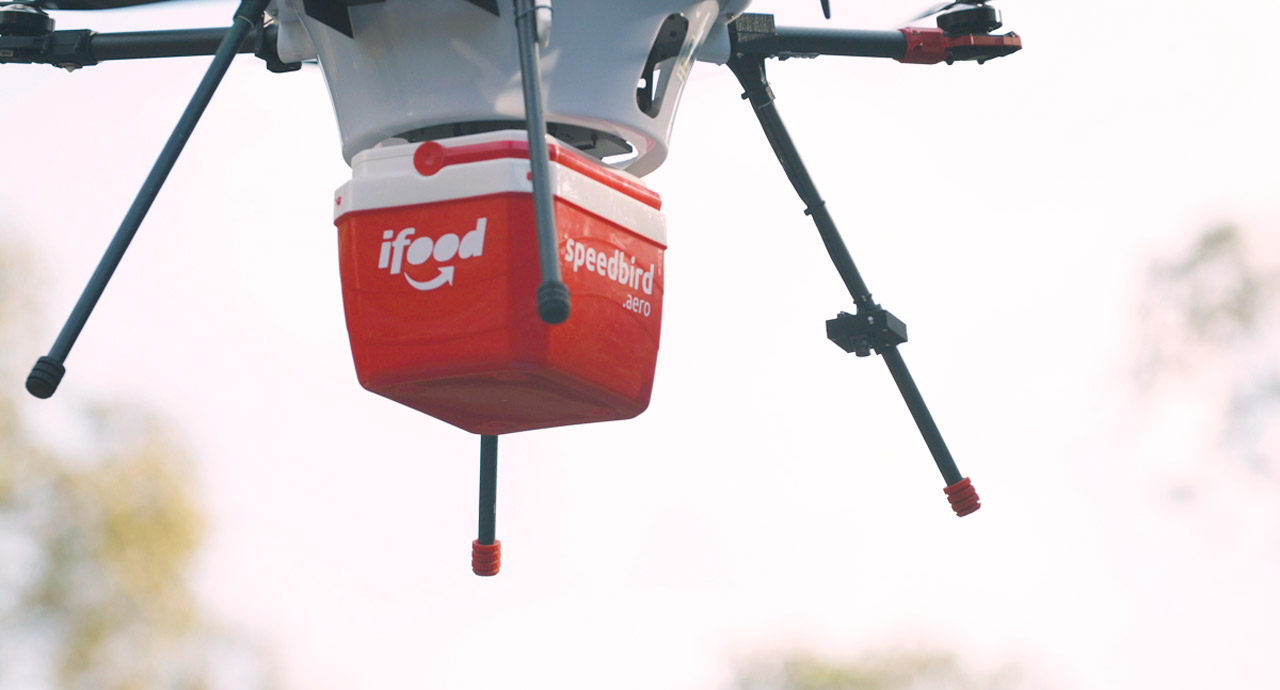Contxto – When we envision the future, drones and autonomous vehicles are often a critical part of that picture. So just how far is Latin America from this scenario? Honestly, it’s getting closer. But it still has a long way to go, and for two big reasons which I’ll address in a bit.
In any case, the region does boast of a few startups and founders who are leading the innovation charge, so let’s shed a little spotlight on what they’ve been up to, shall we?
Kiwibot is rolling out robo-deliverers
Colombian Kiwibot‘s cooler-sized bots are a familiar sight on Berkley campus. They’ve also been spotted making food deliveries for Rappi in Medellín, Colombia. Although more recently the startup is shaking things up in San Jose, California.
Through its partnership with Shopify and Ordermark, it rolled out a parcel delivery service last July. And it wants to take things one step further in that direction.
Through its (currently open) crowdfunding round on Wefunder, the startup aims to make San Jose “the first robotified city in the world.”
Not by replacing its population with bots, mind you. Rather by offering autonomous drones for more efficient and accessible logistics operations.
Hugo drones take to the skies
In Central America, last-mile delivery startup, Hugo has been experimenting with drone deliveries.
Last May, it released its “Hugobots” into the skies of El Salvador to help deliver medicine and other basic supplies to a few residential areas and a hospital. Though the drones were used as just a piece of the logistics operation that handed the goods to a motorcycle courier for final drop off.
iFood joins the drone-delivery race
Last month, iFood announced it received Brazil’s National Civil Aviation Agency’s permission to operate two food-delivery routes via drones in the city of Campinas. Like Hugo, iFood also embraces the use of drones as a cog in the supply chain machine.
Though the drones themselves are handled by Speedbird Aero and AL Drones.
Thanks to this endeavor, iFood hopes to gain insights to eventually expand this service into more routes in Brazil.
Infrastructure and regulatory hazards
Latin America has many picturesque streets. But they aren’t fit for many of these tech applications. Uneven pavement and improvised urban planning represent big obstacles for further adoption of drones and autonomous vehicles.
Although that’s not the only issue. But first, a little comparison.
Since 2013, e-commerce behemoth Amazon has dreamt of drone deliveries.
Yet it’s taken seven years for it to obtain the Federal Aviation Administration’s (FAA) nod of approval to operate as a drone airline in the United States. While it doesn’t mean package deliveries will happen every day, it will begin rolling out more tests.
What does this mean for Latin America? It’s going to be a long wait before more drones fly our skies.
In Mexico for example, regulations to oversee the use of drones for commercial or recreational purposes became effective barely as of this year.
And given that these devices have been employed recently for violent purposes… I expect authorities to further tighten restrictions as to who’s allowed to buy, sell, and fly them.
Though once Latam’s copycat factor does kick in, I’d expect Argentine Mercado Libre to be the company to lead in that type of endeavor. But it will be a patchy process that shall depend on each individual country’s (and even local) regulations.
Be that as it may though, for now, iFood has some serious bragging rights (and advantages) by gaining permission from Brazil’s corresponding aviation authorities.
Related articles: Tech and startups from Colombia!
-ML






